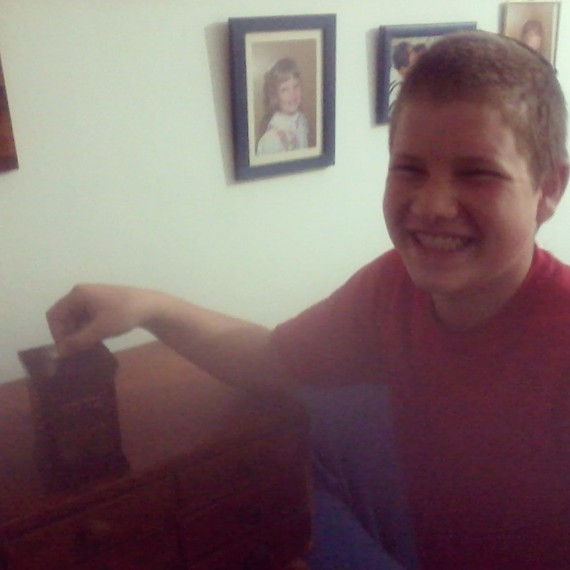The word "philanthropy" brings to mind the wealthy upper crust that lives in the lap of luxury. But a recent change of perspective may change that perception forever. Kids are being taught at home and in their schools about the meaning of giving.
Recent studies prove that children are giving more than ever, and that such giving is having a terrific effect both on them and their families, and for society as a whole. Apparently, doing nice things for others makes kids smarter, happier and more successful, too. But you've got get in there with the notion when they are small. You want to make it a habit -- one that will continue on into their adult years.
Marilyn Price Mitchell, a developmental psychologist, says that kids who perform acts of kindness feel better about themselves and are better accepted by their peers, and more popular. These factors lead to improved behavior in the classroom, which in turn leads to greater academic success. That's why the car donation program Kars4Kids, for instance, encourages children to volunteer mentor other children in their communities. Peer-to-peer mentoring benefits both recipient and benefactor.
Dribs and Drabs
Children can give of their time and they can also give of their money, even if it's just dribs and drabs of allowance or money earned babysitting or cutting the neighbor's grass. A study published in the U.K. just recently, Growing Up Giving: Insights Into How Young People Feel About Charity, discovered that kids are eager to learn about and have a good feeling about charitable causes. For the children in this study, schools played an important role in encouraging giving. But in the study participants age 9-11, thrice as many children believed that talking about giving with their parents would motivate them to increase their philanthropic activity.
Since children generally don't have large sums of money to donate, some schools and families are looking into forming "giving circles" in which people who care about the same causes will pool their resources toward a charity or charities. By forming a giving circle, children can give a meaningful gift and make a difference. Belonging to a giving circle also means that children will take part in discussions about their chosen charities and will be active partners in group decisions, for instance regarding how much money to allocate to a given charity, and for organizing charity-related activities and workshops.
A Learning Experience
In getting involved with philanthropic endeavors, children learn all sorts of things. They learn about various parts of the world. They learn about those less fortunate. They learn how to research charities and to spot a worthy one. They learn how to fundraise and how to take entrepreneurial initiative. They learn how to organize the basic fundraising events, such as walk-a-thons and bake sales. They learn public speaking and how to forcefully present a position. Not to mention the emotional attributes they gain, for instance tolerance and empathy for others.
Kids who engage in philanthropic works learn that even they can make changes in the world, and perhaps balance out some societal injustices. That's a hugely significant idea for a child that is sure to have a lasting impact. A child who sees himself as someone who effects change will be greatly empowered, not just for now but for a lifetime.
